There is a similar question Coturn server - Relay is not working but it doesn't apply as Amazon has it's servers behind a NAT, which we don't have.
We have a bare metal machine connected to the open internet. When we force the WebRTC connection to use relay, candidates are exchanged and we see a relay
candidate, but then there are no streams.
Here's the config. We played with all kinds of things, like setting external-ip, switching TLS on and off, to no avail.
listening-ip=<public-address>
listening-port=443
tls-listening-port=443
cert=/etc/star-attach-live-certificate.pem
pkey=/etc/star-attach-live-certificate.key
min-port=49152
max-port=65535
realm=turn.example.com
server-name=servername.example.com
fingerprint
max-bps=550000
use-auth-secret
static-auth-secret=<secret>
check-origin-consistency
userdb=/usr/local/var/db/turndb
realm points to the loadbalancer which may redirect to this or another server, but I guess this is not the issue.
When I call the server from https://webrtc.github.io/samples/src/content/peerconnection/trickle-ice/ I get all 3 candidates.
https://test.webrtc.org tool gives me this:
I believe the result is wrong, because I am seeing the srflx candidate above and communication via srflx is actually working.
Here are both sides from chrome://webrtc-internals. I see no candidate pair being established.
relay candidates look like this:
sdpMid: 0, sdpMLineIndex: 0, candidate: candidate:3193418391 1 udp 24846335 95.216.16.200 55992 typ relay raddr 0.0.0.0 rport 0 generation 0 ufrag qW0i network-id 1 network-cost 10
We're running out of ideas what else we could try. We have even swapped the server to avoid potential hardware issues. We run this in a Docker container on Alpine. What we haven't tried is to use Ubuntu 16.04LTS.
Anybody can see what's wrong or has ideas what else we could try?
Extra information:
After digging in further, we found that relay sometimes works great, sometimes does not. While it works fine in the US, it seems issues happen when a user in the EU is called. I suspect EU providers are hiding prflx candidates, forcing a relay connection which then fails. Even where it's normally not working, it works on rare occasions, and when I force a relay connection from my US location, the streams are relayed just fine. When it works, bandwidth used on coturn is almost the same for in and out, but when it fails, inbound bandwidth is a lot higher than outbound, as seen in this image.
I can't add the complete dump here, but I posted it into https://fippo.github.io/webrtc-dump-importer/ and extracted the relevant part showing connection establishment and candidate pairs.





